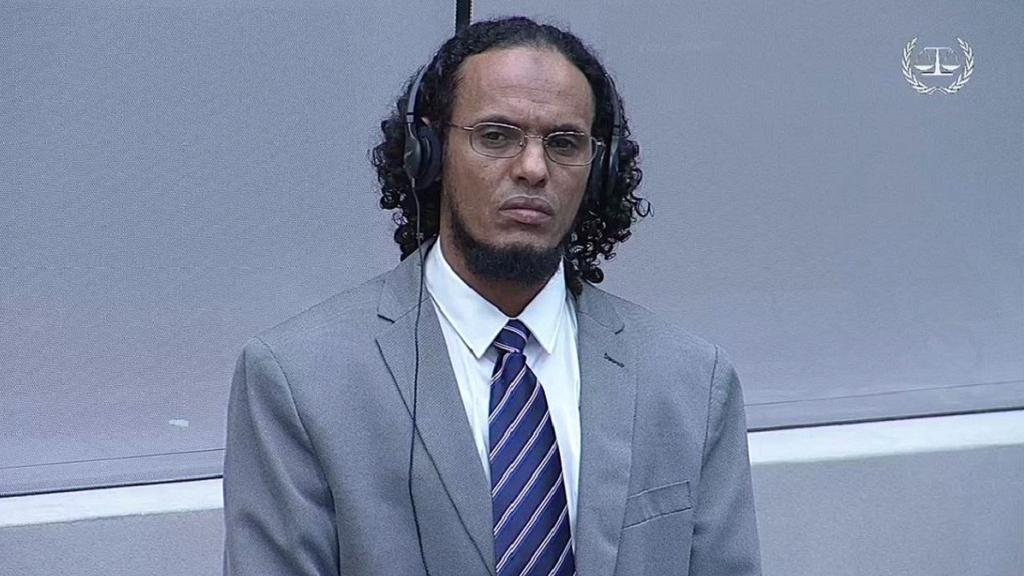Judges at the International Criminal Court (ICC) ruled on Thursday that a former Islamist rebel who was jailed for wrecking holy sites in Timbuktu was liable for damages of 2.7 million euros ($3.2 million).
Amad al-Faqi al-Mahdi was sent to prison for nine years in 2016 after pleading guilty to war crimes for his involvement in the destruction of 10 mausoleums and religious sites in Timbuktu. The sites date from Mali’s 14th-century golden age as a trading hub and centre of Sufi Islam, a branch of the religion seen as idolatrous by some hardline Muslim groups.
Because al-Mahdi is in jail and cannot afford to pay the damages, the court has asked the ICC’s Trust Fund for Victims to do so. The money will go to the Timbuktu community in the form of educational programmes, economic aid schemes and possibly a memorial.
Judge Raul Pangalangan said action such as the attacks on the shrines “destroys part of humanity’s shared memory and collective consciousness, and renders humanity unable to transmit its values and knowledge to future generations”.
The three-strong panel of judges also said that a smaller number of individual reparations would be determined later for people whose livelihoods depended exclusively on the destroyed sites, and for direct descendants of the saints buried in the damaged tombs.
Al-Mahdi’s case stems from events in 2012, when Tuareg rebels seized part of the north of Mali, imposing a strict interpretation of Islamic law. French and Malian troops pushed them back the following year.
During his trial in August last year, al-Mahdi asked for forgiveness. He said he had been swept up in the excitement by al Qaeda and the Ansar Dine Islamist groups, and that he was morally confused when he damaged the ancient sites.
Reuters



